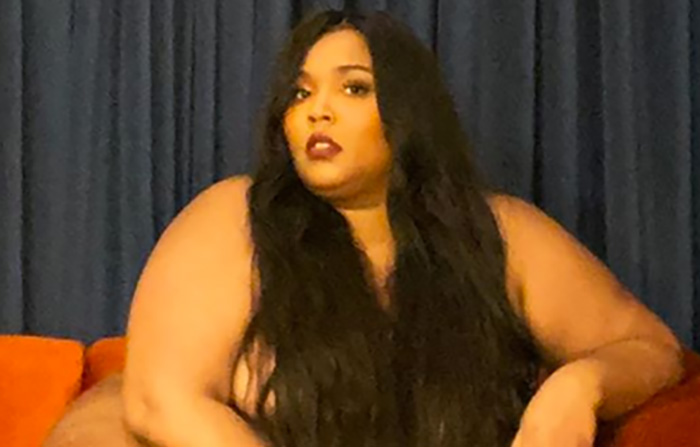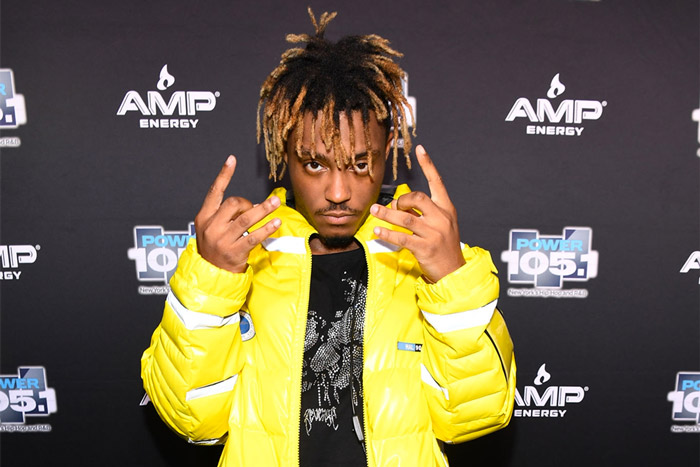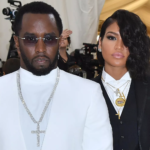‘You have to get in a space where you can’t even all-the-way listen to your friends, because they love you so
much that they have places they want you to be.” So says Jay-Z, chatting with the Voice on the subject of “Empire State of Mind,” the song that finally put him atop both the Billboard Hot 100 and our own Pazz & Jop Critics’ Poll. “They have moments in time that felt great for them—’Oh, I wanna hear “U Don’t Know” again,’ ” he continues. “But we done that already. I can’t.”
Everyone loves Jay-Z—not just his friends. And so everyone wants a unique, time-specific version of him. “Empire State of Mind” is the closest we’ve come to consensus. He had to move forward, to go up. It’s hard to believe, a dozen solo albums and countless playlist staples later, but it’s true: This is his first #1 single. Now we have the quintessential Jay-Z song. It may not be the most lyrically penetrating or sonically progressive. It may not be the best. In fact, it isn’t. But what it does is unite: At some point this summer, the song was booming from every car in every state in the country.
Deciding to record “Empire State” was, as always, a shrewdly calculated decision, with a Broadway melody and chorus scientifically engineered for mass consumption, and a malleable narrative that could be bolted onto anyone’s life. Like rap in 2009, there was something for everyone. But this was the only time everyone agreed on the same thing. Penned by two unheralded songwriters, Jane’t “Jnay” Sewell-Ulepic and Angela Hunte, and orchestrated by an equally anonymous U.K. producer, Al Shux, the song is an odd duck on an otherwise aggressive and sometimes confounding album, The Blueprint 3. It gleams while the rest groans. But when Jay received a call from his first publisher—EMI’s “Big Jon” Platt, a confidant the rapper confers with during the making of every album—he knew he had to jump.
“He called me and said, ‘Man, I think I got this song and this idea for you,’ ” Jay recalls. “So he sent me the song on a Sunday. I walked in the house and played the song. I called him and said, ‘Send it now.’ He said, ‘Yeah, it’s in your e-mail.’ And I said, ‘No, send the Pro Tools now.’ As soon as I heard it, I knew what it was gonna do.”
Shawn Carter’s most important decision was calling Alicia Keys next. Her brassy, soaring chorus is the song’s heartbeat—without it, it’s hard to imagine “Empire State” as more than a nice local hit. And it almost was. Jay-Z, now 40 years old, admitted to me that he was “two seconds away” from calling Mary J. Blige, his reliable longtime collaborator, to supply the chorus, a move that would have been safe and true to his heritage. But something about the piano sound and melody (and, maybe, the commerciality) struck him, and so it was.
It’s a blessing, really, because “Empire” is hardly an emotional dynamo without Keys, her ululating voice rising on each word, grasping for the grandeur Jay sometimes misses. He says the song is meant to be inspirational, initially tracking his transition from “out that Brooklyn” to “down in Tribeca,” a familiar trope for Hov. But in the second verse, things get strange: Jay adopts a granular, scrunched flow (“Rest in peace, Bob Marley!”) while engaging in some deeply insular cocaine-rap talk. “If Jeezy’s payin’ LeBron/I’m paying Dwyane Wade,” he raps, invoking the semi-obscure Young Jeezy mixtape song “24-23 (Kobe-LeBron),” which details the premium street price for coke.
That a song with such deep-seated and confusing criminal mythology—attention: Jay-Z no longer deals drugs—has enjoyed such mainstream success is a testament to the feats of ignorance. “Things are for different people, and that’s not really for them,” Jays says, elusively. This made his performance of “Empire” at Yankee Stadium during the 2009 World Series doubly dizzying. Here was the alpha rapper for all times, repping for New York City, certainly, but also laying Easter eggs about the dope game and denigrating the Yankee cap in Yankee Stadium. We sure do love our hits in New York.
Ultimately, it’s hard to cede Sinatra-caliber provenance over NYC to Jay entirely. “Run This Town,” the would-be blockbuster featuring both Rihanna and Kanye West, was actually the album’s first official single; Jay feared “Empire,” the obvious pick, would be nothing more than “a regional record,” blackballed by out-of-town radio programmers unimpressed by the might and wonder of Metropolis. But then, it’s surprising that we were all swept up by the song’s idealism in the first place, in a year when despair reigned. Unemployment in the South Bronx, historically identified as the birthplace of hip-hop, rocketed to a heart-stopping 15.7 percent. Was New York really a place where “these streets will make you feel brand-new,” as Keys sings on the hook? It wasn’t for me, as Vibe, the media tomb where I dwelled, (briefly) closed and put me out of work, stalking those same streets stumbling for meaning. But that’s the power of “Empire”: We want to believe there’s a capacity for healing and rebirth in the “concrete jungle where dreams are made of”—a fantasy even Jay knows is impossible.
“That’s why the third verse is dark, because, at the same time, the city is intoxicating,” he says. “It can sweep you up, and you can get sidetracked. You come here, and you take the city for granted—nightlife, things like that. I’ve seen it a million times. I’ve seen people come into the city—new girls come into town, and next month, they’re gone.”
“Run This Town” wasn’t exactly “the bridesmaid” that Jay-Z initially feared, at least not for the two other biggest rap stars in recent memory. Lil Wayne leapt on the beat—and nearly two dozen other reconfigured pop hits—for his typical, terrific mixtape No Ceilings. Wayne, due to struggles both legal and artistic, did not release a proper album in 2009 (leaks notwithstanding), but he did offer Ceilings, rapping with no context about little more than his dick, his heart, and his magnificence while brazenly chirping, “I’m proud of me.” It was marvelous.

![Da Brat Marries Judy Dupart on 2.22.22 [PHOTOS]](https://hiphopucit.com/wp-content/uploads/2022/02/1645669184565-440x264.jpeg)
![Drake Reveals Photos of His Son Adonis [Photos]](https://hiphopucit.com/wp-content/uploads/2020/03/Drake-and-on-Adonis-HHUCIT.jpg)

![Young Thug Feat. Drake Drop – “Oh U Went” [NEW VIDEO]](https://hiphopucit.com/wp-content/uploads/2023/07/Young-Thug-and-Drake-1014x570-1-440x264.png)
![Latto Feat. Cardi B – “Put It On Da Floor Again” [NEW VIDEO]](https://hiphopucit.com/wp-content/uploads/2023/06/latto-cardi-b-1014x570-1-440x264.jpg)
![Gucci Mane Feat. Lil Baby – “Bluffin” [NEW VIDEO]](https://hiphopucit.com/wp-content/uploads/2023/06/gucci-mane-lil-baby-bluffin-video-440x264.webp)

![Krayzie Bone Leaves “Bone Thugs-N-Harmony” After 20 Years [VIDEO]](https://hiphopucit.com/wp-content/themes/Extra/images/post-format-thumb-text.svg)






